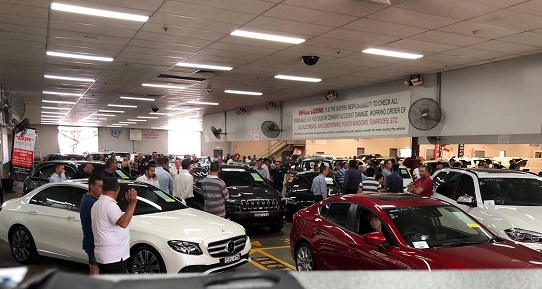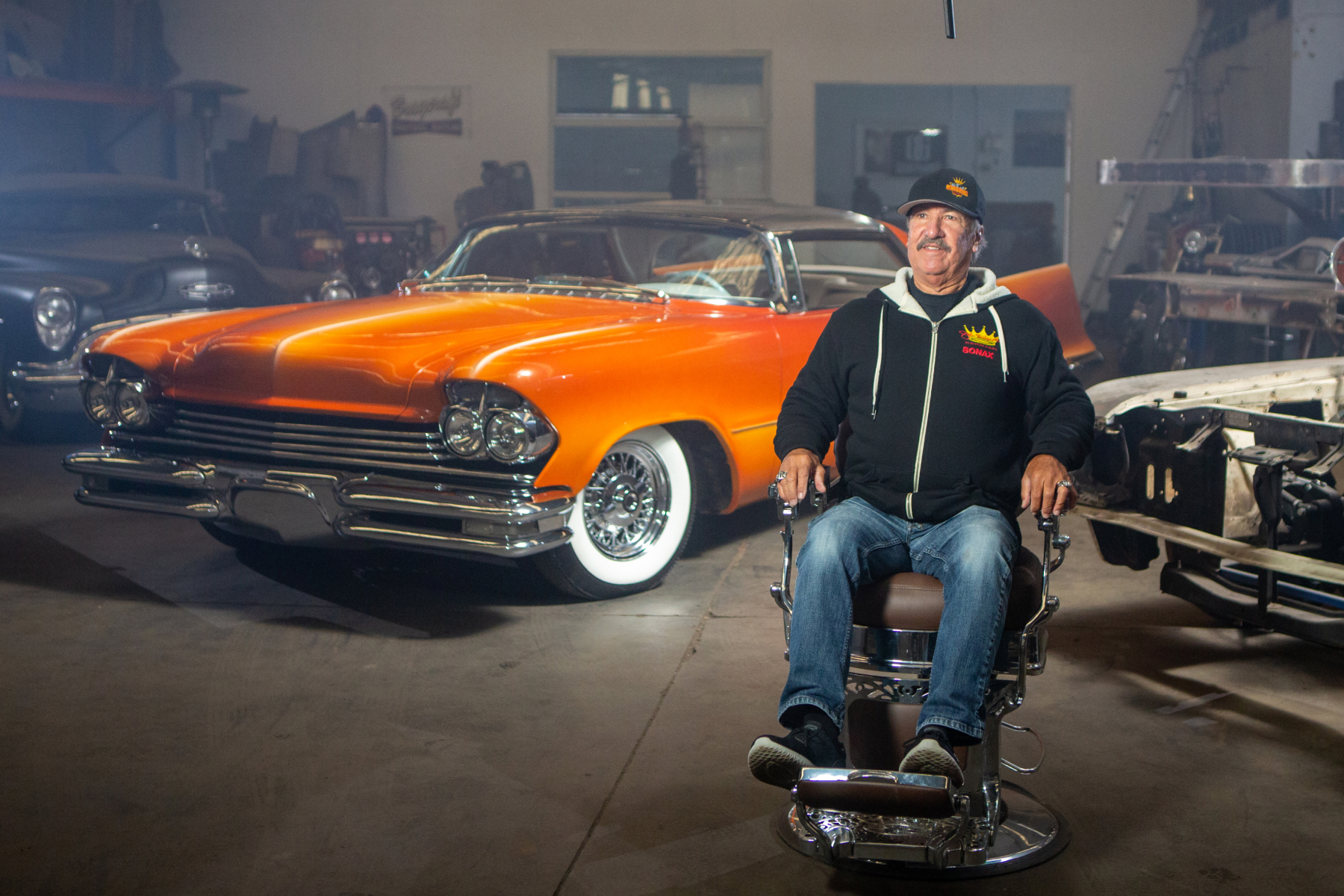

There is nothing that quickens the heart of a dedicated shopper like raising your hand or clicking a mouse to nail an auction sale bargain.
During the Age of Lockdown and as conventional forms of commerce faltered, online auctions became an essential part of the vehicle buying process and also a spectator sport.
They also offered a very easy way to spend money that, with hindsight, some buyers might wish they had left where it was.
The participation of non-trade buyers in automotive auctions dates back to the 1980s in this country and somewhat further overseas. One of the earliest auctions to feature local collector vehicles and automobilia was held in 1984, when some 3000 items from the former Green’s Motor Museum were sold off.
In 1987 came the Black Monday (aka Black Tuesday on our side of the International Date Line) Crash, which chased millions of investors away from the stock market and drove billions of speculative dollars towards the blossoming market for collector vehicles.
Auction sales which had been infrequent events suddenly began dragging hundreds of very significant vehicles from their hiding places. Prices achieved at auction also helped send retail values to unheralded levels; a relationship which persists even today.
Prominent local promotors of Collector Car auctions included P.L Pickles, which was better known for its fleet and prestige vehicle sales, and UK-based Sothebys which operated for several years in our market.
On the international calendar, major auction events were held at least every weekend, with some US sales running over several days and dispersing thousands of vehicles.
Prices and clearance rates were governed by demand and US auction houses promoted their events nationally and to the world. Rows of benches, all equipped with telephones, would on auction day receive bids from absentee buyers while ‘spotters’ would scan the crowd for any sign of a new ‘face’ joining the action.
British and European auctions tended to be single-day affairs and would often target specific vehicle brands or groups of buyers to maximise returns for their vendors – and of course the auction house.
Online auctions as we know them are an extension of the old ‘absentee bidder’ system, but without the rows of staff taking phone calls.
Instead, a potential buyer needs only to register as a bidder and confirm to the auction site that they have a means of paying for what they may buy. Sometimes a registration fee is charged; refundable if you make a purchase.
Then just click your mouse at the appropriate moment and you can become the leading bidder, but don’t get too crafty.
The process of ‘sniping’, where a bid arrives with just a few seconds of auction time left to run, has been largely eliminated by auction houses’ extension of the time available if a bid is received within 30 seconds of a lot closing. This gives others who may be interested a minute or even more to decide if they want to make a counter-offer.
Once the room is silent for a pre-determined period, the auction for that lot closes and the highest bidder takes it.
Today, vehicles and associated items sell (or sometimes don’t) based on the willingness of buyers located almost anywhere to accept the vendors’ assertions and auction house assessments of the items on offer.
Auction hosts will provide a description and generalised report on a lot but encourage buyers to undertake their own evaluation. In the case of scarce, historic offerings, bidders are required to accept disclaimers that absolve the auction house of blame for any misrepresentation.
Once you buy an item, and especially a vehicle, you need to insure it and here Enthusiast Insurance’s 24-hour, seven day per week online quoting system is invaluable.
Prior to an auction occurring, bidders can estimate the amount they might pay for a vehicle and get a quote on that basis. Then if they are successful, amendments can be made and the cover confirmed immediately.
Enthusiast cover also applies to vehicles being transported within Australia, ensuring that vehicle owners aren’t subjected to time-consuming battles for compensation if damage occurs during transit.
Buying an unusual vehicle at auction? Not a problem, because Enthusiast maintains a massive database of vehicles, dating from around 1920 to current models. It also regularly updates values to ensure that cover keeps pace with the current markets for classic and prestige models.
How do you pay for your cover when the hammer falls at 3pm on a Sunday afternoon? That’s easily fixed too. Enthusiast offers monthly payments by credit card with no fees or charges.
To obtain a Quick Quote, visit www.enthusiast.com.au at any time that is convenient to you, then venture with confidence into the automotive auction world.

